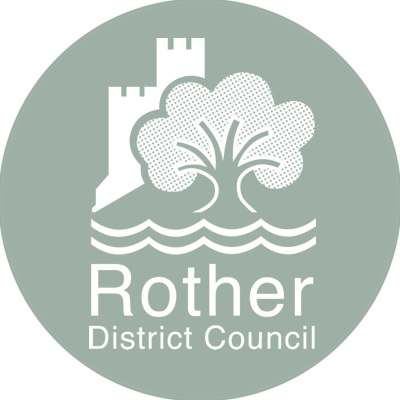Agenda item
Key Performance Targets 2020/21
Minutes:
The Committee considered the report of the Executive Director which gave details of the proposed Key Performance Targets for 2020/21.
Managing performance to deliver the best possible outcomes within the resources available was a core function for Rother District Council. The way in which the Council approached this task was to set a series of annual performance targets against the Council’s Corporate Plan (2014-2021) four Core Aims (an Efficient, Flexible and Effective Council; Sustainable Economic Prosperity; Stronger, Safer Communities; and A Quality Physical Environment).
Members had previously agreed that a small set of carefully selected corporate Key Performance Indicators (KPIs) would be reviewed each year by the Overview and Scrutiny Committee (OSC). 12 KPIs had been identified and were proposed for 2020/21. It had previously been proposed that targets should, where possible, be benchmarked against performance in other local authority areas so that Council performance could be ambitious while remaining achievable. It was proposed that the indicators for 2020/21 should be reported within four themed areas and a qualitative report on each of these areas would be provided. The themed areas were:
• Housing and Homelessness (5 indicators)
• Waste and Recycling (2 indicators)
• Asset Income (2 indicators)
• Other Income (3 indicators)
In reality, a number of other related indicators would be used to inform the qualitative information; this would give OSC Members a clear picture of performance in each of the themed areas as opposed to relying on narrow areas of performance. The provision of this additional information allowed OSC Members the ability to scrutinise more effectively and pass on any recommendations they had as a result of this to Cabinet.
Aside from the 12 KPIs to be reported quarterly, other indicators informing Heads of Service of performance would be reported by exception to the OSC where they were exceeding or significantly missing their target.
Members had the opportunity to ask questions and the following points were noted:
• Other Income, which had replaced Housing Benefit as a KPI, included; Planning: Development Management Income; Car Park Income; and Garden waste bins issued and income;
• Members were concerned that a 15 week target for the number of weeks in temporary accommodation (TA) was too high;
• the scheme to purchase properties for the purpose of TA was to provide self-catering accommodation rather than bed and breakfast, near to support networks, to therefore enable those individuals and families to be better equipped to access the private rented sector;
• Members were pleased to note early indications that the new Rother Tenancy Finder service was helping to reduce numbers in TA and the Head of Service Housing and Community agreed to provide updated information;
• the purchase of TA continued to progress; one property was close to completion and three properties were in the advanced stages of offers being agreed. The Head of Service Housing and Community was confident that the target of the purchase of six properties would be achieved by the end of March 2020;
• performance in reducing the number of council tax arrears cases would be considered by the Anti-Poverty Task and Finish Group;
• street cleansing was monitored by the contractor with agreed threshold limits in place. Performance was reported to the Joint Waste and Recycling Committee and figures were publicly available;
• the performance indicator measuring the net additional homes built in the district would be reviewed against Government figures later in the year;
• the Asset Income Total target of £1.85m did not include any provision for income from any new property purchases achieved in the year, but was based on income from properties already owned. New properties to be purchased through the Property Investment Panel had been given a separate target; and
• Members were concerned that the target for Planning: Development Management Income was set too low. This target was based on planning application fees achievable through identified sites.
In conclusion, Members agreed that the KPIs selected would adequately reflect a review of the Council’s performance. Any future improvements or actions would be proposed to Cabinet to ensure the targets were met.
RESOLVED: That Cabinet be requested to approve the corporate Key Performance Indicators for 2020/21 and their performance targets as set out in Appendix A to the report.
Supporting documents:
